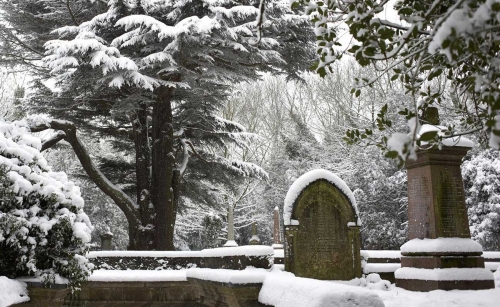Highgate Cemetery Act 2022
It is over 180 years since the first burial at Highgate Cemetery, and there is very little space which is not already occupied by graves. Other old cemeteries have closed to new burials and begun gradually lose the important connections to people living around them. Highgate Cemetery has a different future.
The Friends of Highgate Cemetery Trust wants Highgate to continue as a working cemetery and not become simply a tourist attraction. Providing a place of burial is the best way to preserve its special character and prevent its decline. With their loved ones continuing to be buried here, future generations will value Highgate Cemetery as a spiritual landscape, different in character from other open spaces such as parks.
The Highgate Cemetery Act 2022 gives the Trust the power to take back long-unused graves to provide burial space for the needs of the present generation, and thereby assure the future of the Cemetery.
Naturally there are many safeguards to preserve the interests of grave owners and their families, and to protect the heritage. But there is much scope for Highgate Cemetery to accommodate more burials with minimal impact on the wonderful landscape.
We call the process ‘grave renewal’. Other London cemeteries already have similar powers, so the precedent was well-established. To implement it here, the Trust obtained a new Act of Parliament in 2022.
